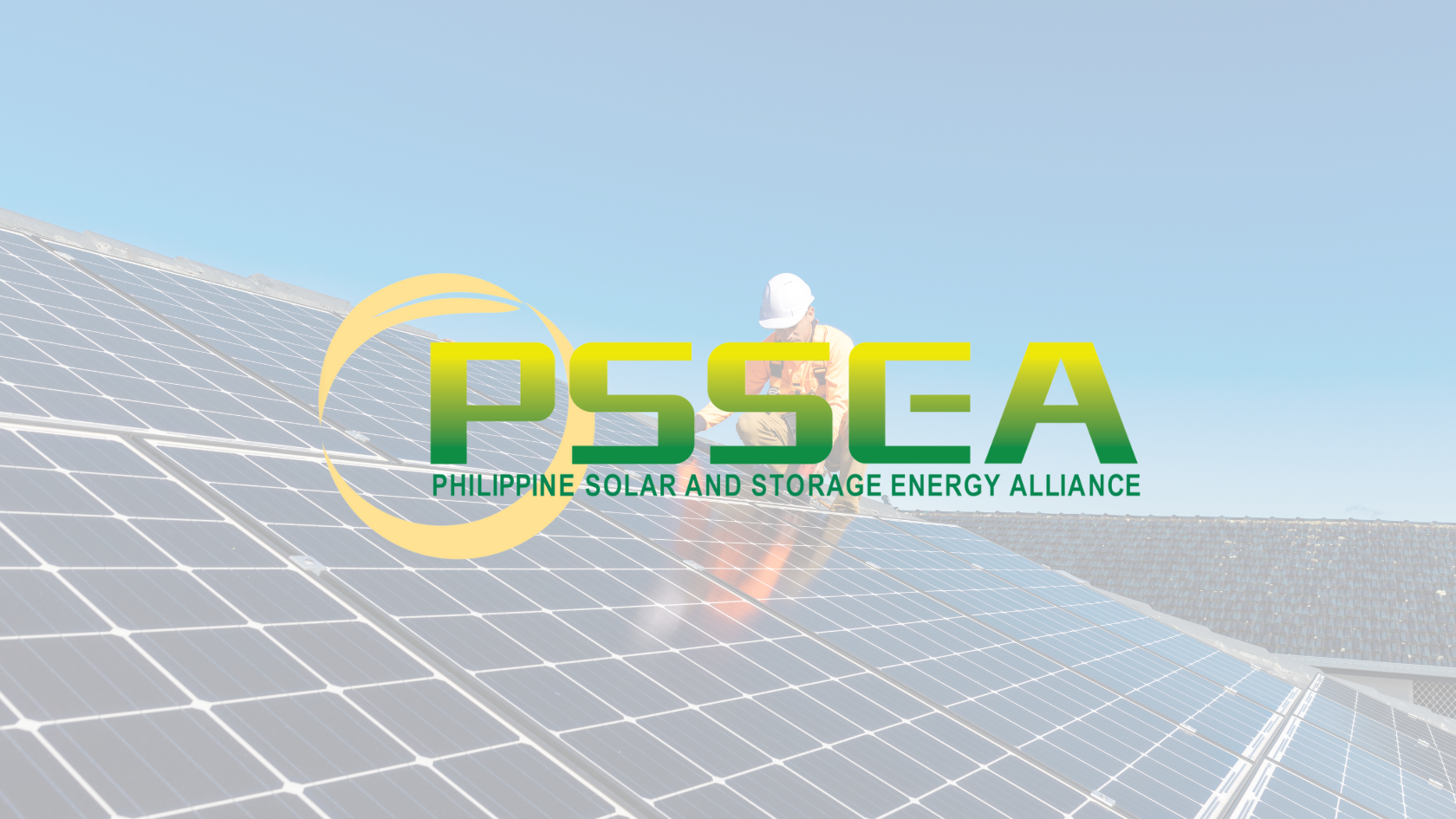How PSSEA is Driving Solar Innovation Through Policy Reforms
- May 23, 2025
- 0

The Philippine Solar and Storage Energy Alliance (PSSEA), a leading voice in the promotion and development of solar energy and storage solutions in the Philippines, is leading the charge in transforming the nation’s energy landscape with a blend of advocacy, innovation, and resilience.
In an exclusive Power Philippines interview, Robert Marlon Pereja, PSSEA’s Vice President for Commercial and Industrial Rooftop Solar, shares the organization’s ambitious vision to power a sustainable future.
PSSEA is a non-profit trade organization standing as a beacon for renewable energy advocates, navigating the complexities of a sector at a crossroads.
Its primary focus is regulatory advocacy, pushing for policies that make solar and storage investments viable and creating an enabling environment that will accelerate energy transition.
The organization faces formidable challenges: a talent shortage intensified by the 2022 approval of full foreign ownership of power assets; a congested grid that wastes valuable clean energy as solar producers encounter curtailment.
In early 2024, PSSEA collaborated with Australian experts and local groups like Aboitiz’s linemen’s camp in Davao and Don Bosco-Makati as well as other technical-vocational training institutions to bolster workforce skills.
While Pereja admits it’s “still a work in progress,” these efforts are laying the foundation for a robust renewable energy ecosystem.
Beyond training, PSSEA is setting industry benchmarks. Two years ago, the non-profit organization introduced guidelines for rooftop solar installations, ensuring compliance with the Philippine Electrical Code and Distribution Code. These standards guide both residential and commercial projects, fostering quality and reliability across the sector.
A critical focus is strengthening grid reliability as solar power grows. PSSEA tackles this through quarterly grid-forming workshop, led by members like Huawei. These symposiums unite stakeholders to share
solutions, with technical papers circulated among members before reaching regulators. The rise of battery energy storage systems (BESS) offers hope, though high costs remain a hurdle for now.
To ensure sustainability, PSSEA is reforming its governance, securing commitment of board members to dedicate time and talent for three years.
Looking ahead, the organization is poised to help the Philippines meet its renewable energy goals—35% by 2030 and 50% by 2040
Pereja is optimistic, citing the influx of foreign investment and local corporate engagement as key drivers.
The organization’s work is not just about harnessing the sun’s abundant energy but about building a legacy of innovation and collaboration.
As Pereja reflects, the sun is free, but the challenge lies in capturing its potential wisely. Today, solar is the cheapest source of electricity.
For PSSEA, the challenges are opportunities promising a brighter, greener tomorrow for the Philippines.
Follow Power Philippines on Facebook and LinkedIn for more updates.